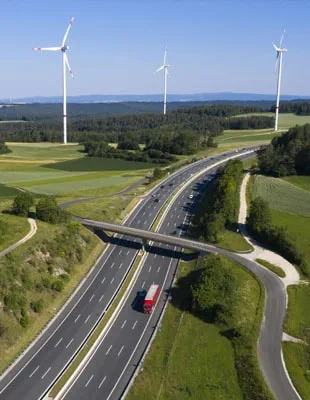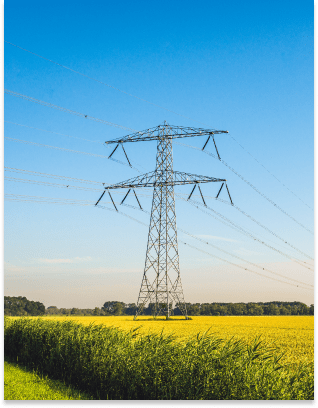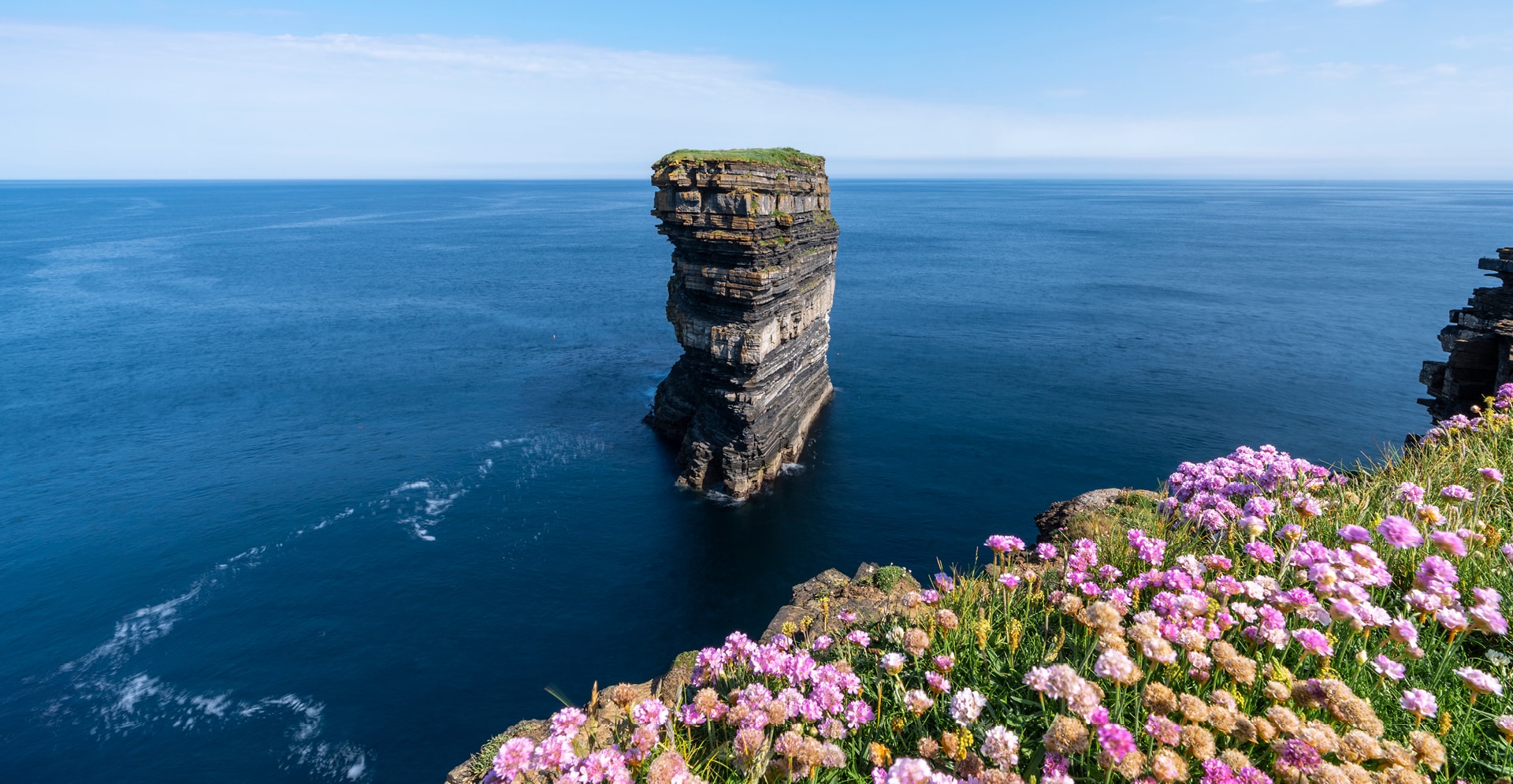Table of Contents
The challenge
The Belgian Defense Forces are investing heavily in modernization and purchases 34 F-35A fighter aircrafts. The current infrastructure is not adapted to current standards for management, maintenance and security.
2
The Belgian Defense Forces are investing heavily in modernization and expansion. This resulted, among other things, in the purchase of 34 F-35A fighter aircraft to replace the old F-16s. These state-of-the-art jets will be evenly distributed between the two air bases in Florennes and Kleine-Brogel. The current infrastructure dates from the 1950s and 1960s and is therefore not adapted to current standards for management, maintenance and security. But the buildings also fall short in terms of sustainability.
The solution
Two new complexes are being built at the airbases of Florennes and Kleine-Brogel.
50.000 m²
Therefore, a new complex is being built at each base. Each one will consist of four major parts:
- an administrative part including office and meeting rooms, classrooms, auditoria, changing rooms with showers, a cafeteria and coffee corners,
- a logistics part for the maintenance of the aircraft, workshops and a warehouse for spare parts,
- a high security building for the planning of operations and training. This will also accommodate the 4 flight simulators where a large part of the training will be carried out.
- the 'flightline' where the aircraft are housed.
“The buildings have to meet a lot of international requirements,” says Rein Verrelst, project engineer and sustainability consultant at Arcadis. “On the one hand, there are all kinds of technical and functional requirements originating from Lockheed Martin, the manufacturer of the F-35As. On the other hand, both our legislation and Defence impose a lot of standards that relate to the sustainability of the infrastructure. Special attention is also being paid to the well-being and comfort of the staff.”
After a tender procedure that took more than a year, the contract for a Design Build & Maintainance contract was awarded to the Full Throttle consortium, with construction company Jan De Nul responsible for the design, construction and maintenance. Arcadis, together with its American partner Burns & McDonnell, acts as a design agency and technical consultant on behalf of Jan De Nul.
With a view to sustainability, maximum use is made of thermal insulation and the use of renewable energy in both new-build complexes. “We are mainly following the Flemish Government’s 'GRO' sustainability meter for this,” explains Rein Verrelst. “It starts with a holistic approach. Wind turbines obviously do not belong on an air force base, but there will be solar panels and a combination of geothermal and air-water heat pumps to provide the buildings with energy in a sustainable way.”
The future-proof complexes in Florennes and Kleine-Brogel are almost identical, and will each cover an area of almost 50,000 square meters. The construction involves an investment of 300 million euros per air base, or 600 million euros in total. Work started in the summer of 2022 in Florennes and will take two years to complete. This will be followed by the construction of the complex in Kleine-Brogel, which will be operational by 2027.
Arrival F-35 in Belgium | Arcadis sets the bar high for military infrastructure
You have not accepted cookies yet
This content is blocked. Please accept Marketing cookies. You can do this here.
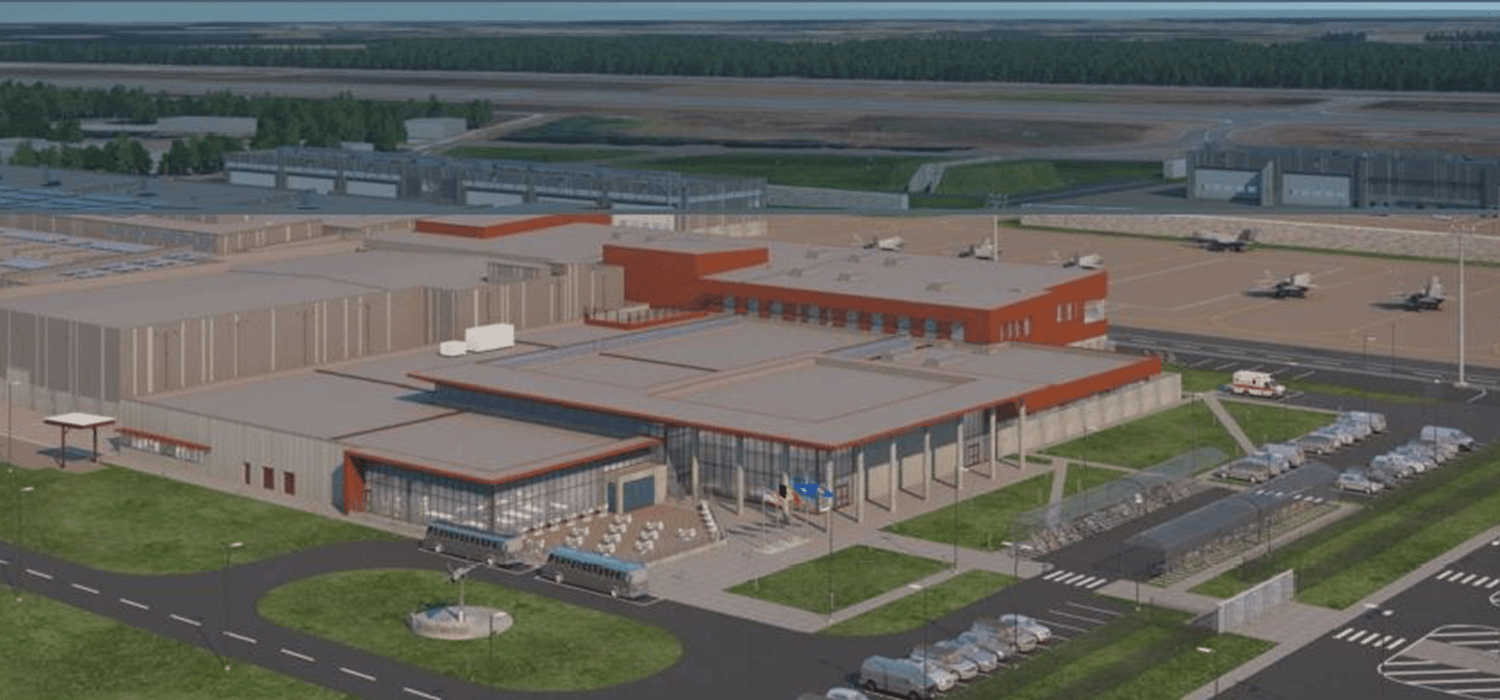
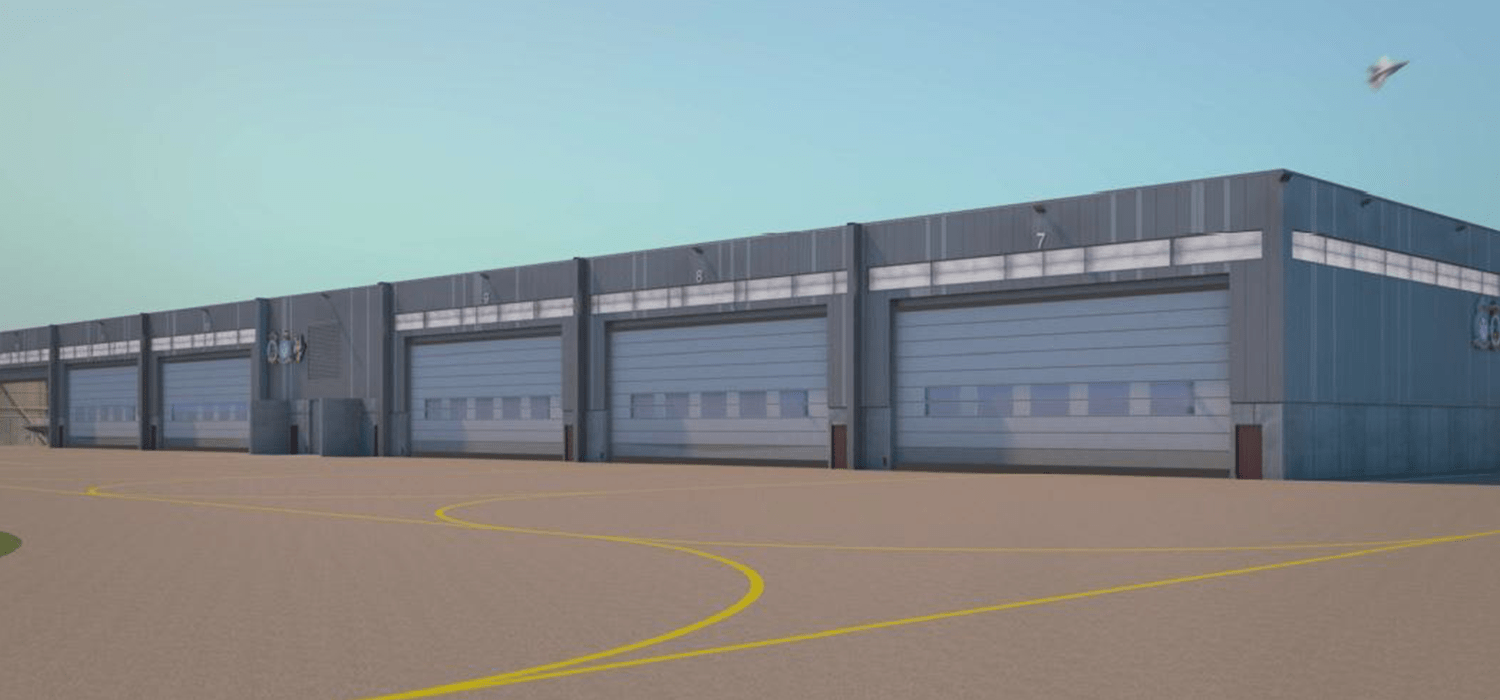

The impact
The new buildings will be among the most sustainable in the military building stock in Belgium.
20%
The geothermal installation in Kleine-Brogel will be the largest in Flanders. “We therefore faced a significant challenge, which called for an innovative approach,” says Bert Lemmens. “On the one hand, all these large spaces must be free from fossil fuel heating. On the other hand, many industrial applications are used that were previously fuelled by fossil fuels. We want to make them more sustainable to prepare them for the future.
“A good example is the paint installation process, which restores a layer of paint on an aircraft after minimal damage caused, for example, by stone chips. The oven in which that happens requires high drying temperatures of up to 200 degrees. These temperatures are traditionally achieved through gas combustion. However, with a view to maximum sustainability, infrared technology has instead been chosen: it can be controlled electrically, which makes it easier to make it environmentally friendly.”
Renewable sources will absorb 20 percent of the total energy consumption.
This will make the new buildings in Kleine-Brogel and Florennes some of the most sustainable military buildings in Belgium.
Not done reading?
This also might be interesting for you
- Related Projects
- Related Insights
- Related Blogs





